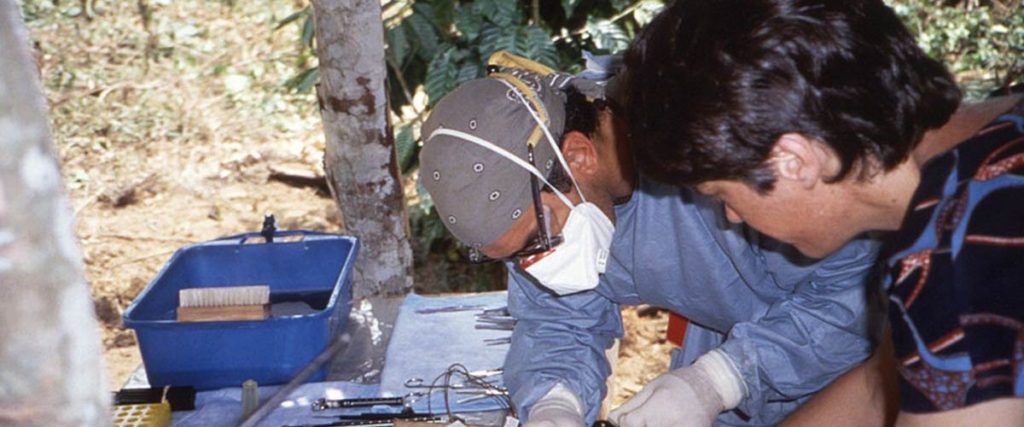According to official recommendations, anyone who is at high risk of contracting monkeypox should isolate for 21 days.
The UK Health Security Agency has issued advice to anyone who has had direct or indirect contact with a confirmed case.
Contacts are advised to provide their contact information for contact tracing, to avoid travel, and to avoid contact with immunocompromised people, pregnant women, and children under the age of 12.
The United Kingdom has confirmed 21 cases, with the first occurring in Scotland on Monday.
More than 80 have also been discovered in Europe, the United States, Canada, Israel, and Australia.
Prime Minister Boris Johnson said: “As things stand the judgement is that it’s rare. I think we’re looking very carefully at the circumstances of transmission.
“It hasn’t yet proved fatal in any case that we know of, certainly not in this country.
“The UK Health Security Agency – a new body – is obviously following it very closely.”
Monkeypox is a rare viral infection that is most prevalent in remote areas of central and western Africa. The disease, which was first discovered in monkeys, does not spread easily between people but can be transmitted through close physical contact, including sexual contact.
Symptoms, which include a high temperature, aches, and a rash of raised spots that later turn into blisters, are typically mild and resolve in two to four weeks for the majority of people.
If a person has had household or sexual contact with, or changed the bedding of, an infected person without wearing personal protective equipment, they are considered to be at high risk of contracting the infection (PPE).
